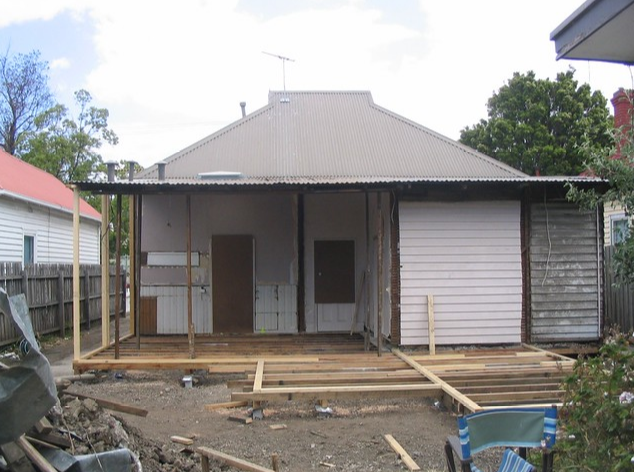When It’s Worth Renovating And Upgrading Your Rental

As a smart investor, you always should be looking for ways to improve cash flow, income stream, and to increase the value of the property. Taking the time to renovate can accomplish all three, but you must be willing to expose yourself to some financial risk and uncertainty. You’ll have the unit(s) vacant during construction, and it’s safe to assume that your projects will take longer than anticipated.
What To Do First
There is no definitive how-to-renovate manual for landlords. If you’re unsure of where to start, do some recon in your market area. By taking a look at what other properties are providing their tenants, you’ll have a better idea of how your property measures up. Other properties may offer superior amenities, so compare rental rates to make sure that they’re your competition. Resist the urge to upgrade to luxury fixtures if you won’t be able to justify the cost with higher rents.
Okay, What’s Next?
Before making any decisions, sit down and assess what needs upgrading and determine your budget. If you’re handy, figure out what projects you can do yourself, get estimates for the rest of the work. Keep in mind that the most noticeable renovations occur in bathrooms and kitchens, other areas are just rooms — vacant space with walls. Replacing trim, molding, and light fixtures in the bedrooms may be all you’ll need, but cabinetry, sinks, and appliances can transform a space. Budget accordingly to ensure a return on your investment.
Other Areas To Keep In Mind
Don’t forget about the exterior. New garage doors, fresh paint, new siding, or patio areas not only increase value but also add curb appeal, which will bring you more prospects. For multi-unit properties take a look at community areas like the pool, laundry area or the fitness center.
Common Pitfalls To Avoid
DON’T start any project, without a budget and a plan. Even small tasks have a way of getting away from you, leading to increased costs. To get maximum returns with renovations, it’s best not to exceed 10%-15% of the property’s value.
DON’T replace when a simple repair will do the trick. The kitchen may look better with a new dishwasher, but if replacing a couple of inexpensive parts will extend its life, save your money or use it to fund another project.
DON’T go too cheap. It’s okay to find inexpensive alternatives but look for durability. Cut-rate materials damage and wear quicker, you’ll end up spending more in replacement costs later.
DON’T over decorate. Keep your color patterns, fixtures, and appliances simple. You don’t want you any renovations to compete with your renter’s furnishings.
Deciding to take on a big project is the hardest part of any renovation. Start with projects that will get you the most return. That way, you’ll be able to justify higher rents and your property will have added value when it comes time to sell. By taking the time to evaluate your property and making the proper upgrades, the increased rent rates will help fund further renovations.